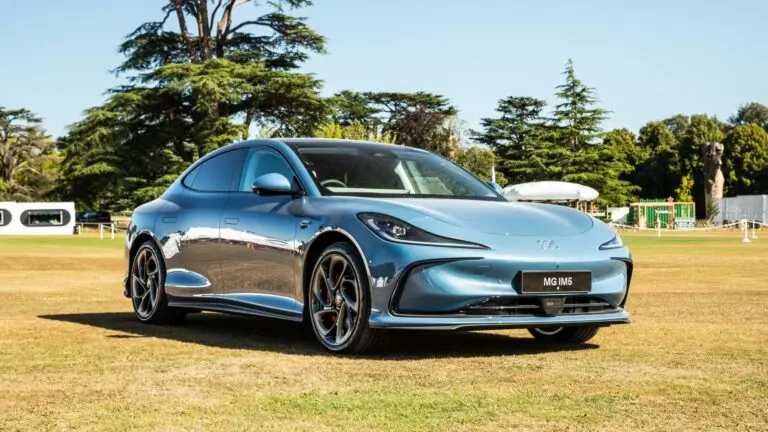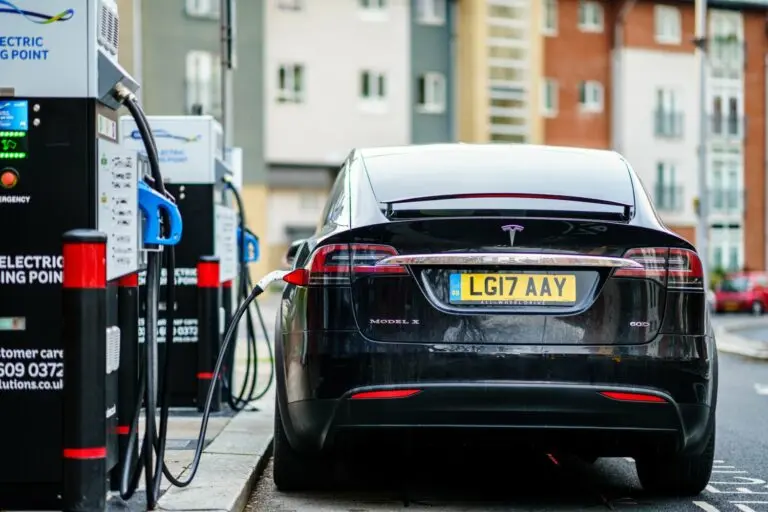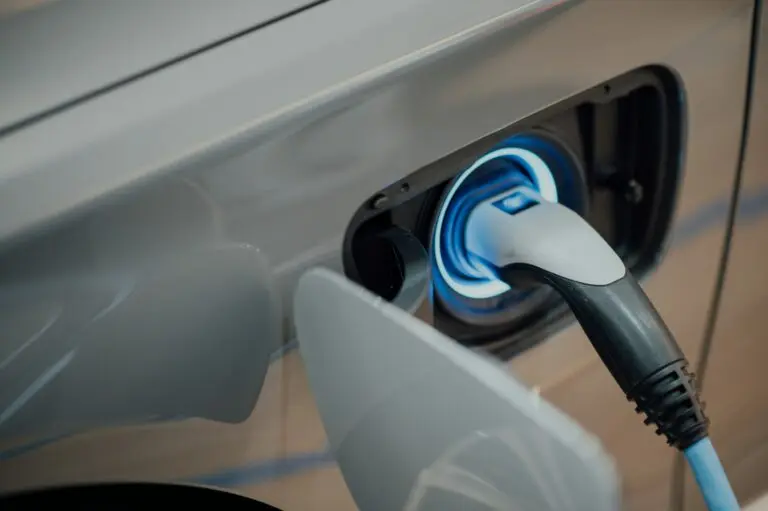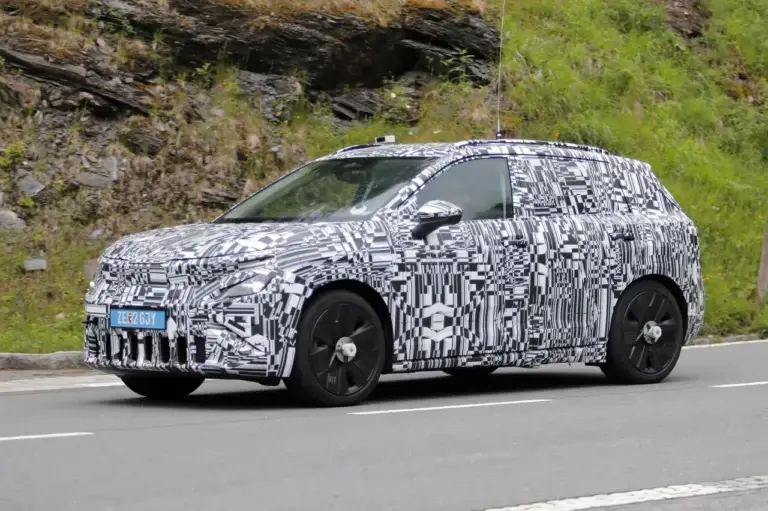There are countless electric cars on the road, electric charging points and adverts promoting ‘cleaner’ mobility. Electromobility is no longer an emerging trend; it has become an everyday reality that is established throughout the world.
But behind this term with its technical meaning lies a real upheaval. Electromobility isn’t just about replacing an internal combustion engine with an electric battery, it’s about transforming an entire ecosystem: from historic carmakers to innovative start-ups and equipment manufacturers, let’s take a look at the pillars of global electromobility.
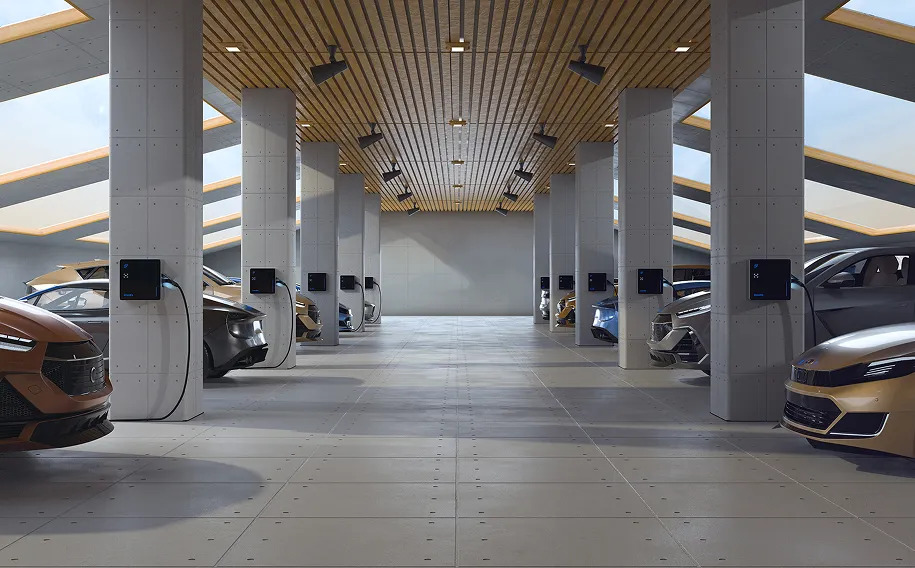
Car manufacturers: the global battle rages on
For more than a decade, a number of manufacturers have been leading the way in electric cars. Tesla, of course, remains the symbol of this revolution. With its innovative models, the Californian firm has shaken up the established order and forced the giants of the sector to adapt. With almost 1.8 million electric vehicles sold in 2024, Tesla remains the best-selling brand in the world.
But this dominance could waver, as Chinese manufacturers continue to play a major role in the sale of 100% electric vehicles: BYD (1,764,992 vehicles sold in 2024), GEELY, SGMW, NIO and Xpeng, among others, account for 28% of the market and make China the world’s leading market. This is because China produces on a large scale and now exports to Europe. The Middle Kingdom is banking on an integrated industrial strategy, backed by massive state support.
To stay in the race on a global scale, European manufacturers are reinventing themselves. Nissan and Renault have been pioneers since 2010, when the Nissan Leaf and Renault Zoé enabled thousands of drivers to switch to electric cars. Today, the majority of European car market leaders such as Volkswagen, BMW, Mercedes-Benz, Renault and Stellantis are stepping up their efforts to electrify their ranges, with initiatives to offer affordable models at around €25,000.
Equipment manufacturers: the craftsmen of electromobility
Behind every electric car are specialist suppliers who design the key components: batteries, motors, electronic management systems and recharging stations. These equipment manufacturers play a fundamental role in this ecosystem.
CATL (China), LG Energy Solution (South Korea) and Panasonic (Japan) dominate the global lithium-ion battery market. Between them, they power millions of electric cars. In Europe, things are much more laborious. Although companies like ACC (backed by the PSA Group, Total and Mercedes-Benz) and Verkor are emerging, Europeans are still unable to compete with the Asian giants.
In addition to batteries, other essential components, such as driving assistance systems and engines, are developed by renowned equipment manufacturers such as Valeo, Bosch and Continental.
The recharging station sector, essential to all electric mobility, is booming. Tesla is one of the market leaders with its Superchargers, but competition is intensifying. Atlante, IONITY, Electra and Fastned recently joined forces to form the Spark Alliance, with a clear objective: to become the largest ultra-fast charging network. This is a strong sign that the Old Continent is gaining ground in this field.
Start-ups: innovation for tomorrow’s mobility
Start-ups play a key role in innovation in electric mobility. In France, Gireve facilitates the interoperability of charging points, while Qovoltis offers intelligent charging solutions.
Internationally, a number of projects aimed at improving the comfort of motorists are emerging. These include StoreDot, which is developing ultra-fast-charging batteries that can go from 0 to 80% in just 5 minutes, and Pulsetrain, a German start-up that designs integrated systems for electric vehicles that extend battery life by up to 80%.
These start-ups are providing practical solutions to the technical and user challenges of electric mobility. From intelligent recharging to battery optimisation, they are already shaping the car of tomorrow.
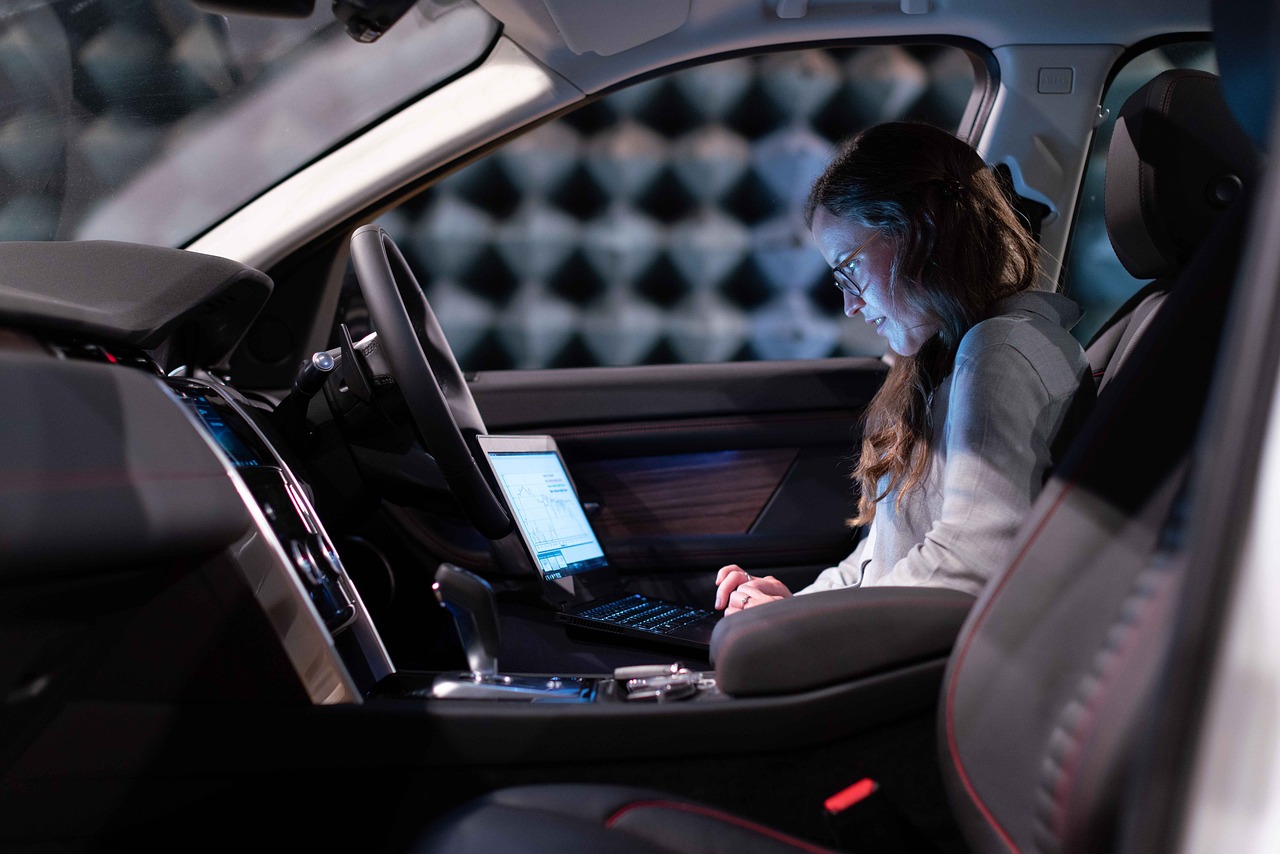
In 2025, electromobility is no longer a gamble on the future; it’s a global race that’s well under way. Tesla retains its benchmark status, Chinese manufacturers dominate large-scale production, and Europe is playing the innovation card: industrial alliances and disruptive start-ups to stay in the race.
Behind this transformation, an entire ecosystem is mobilising, with a common objective: to create more sustainable, intelligent and accessible mobility. And one thing is certain: the shift to electric vehicles has only just begun.



